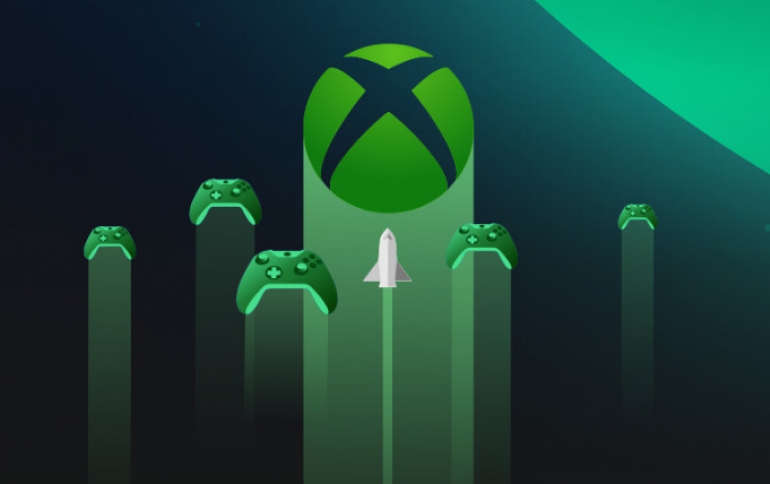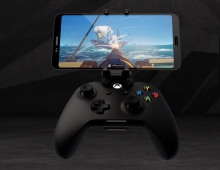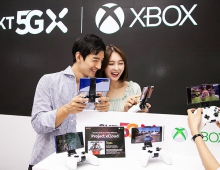
Microsoft Scales Up Testing of Project xCloud
Microsoft will start public testing of its cloud gaming solution, Project xCloud, in the US, UK and South Korea in October.
While the test is a public beta, spaces will be limited at first but will open up over time as the company tests service delivery performance over mobile and Wi-Fi networks
Games included in the free beta test will be first-party titles Halo 5: Guardians, recently released Gears 5, Killer Instinct and Sea of Thieves.
Project xCloud will be tested on smartphones and tablets running Android 6.0 and above, and will only be playable through a Bluetooth-enabled Xbox One controller connected to the device.
This next stage of real world testing is essential to ensure quality of service when Project xCloud launches commercially. Based on this public test phase, we could expect a commercial launch to hit Android devices in 2020.
The Project xCloud service is run on Xbox One S-based servers in Azure data centres. The comparatively limited power of these servers compared to other cloud-based GPU instances means targeting smartphones and tablets, likely at a maximum resolution of 720p, is an easy choice. Microsoft will have to upgrade its servers if it wants to compete with Google’s Stadia, which is promising 4K video resolution in 2020 and large screens.
Project xCloud will be satisfying two specific use cases for cloud gaming: console and gaming PC owners that want to play AAA games on the move and an underserved audience of potential AAA consumers that don’t buy dedicated gaming hardware. This last use case seems particularly relevant to South Korea where mobile network infrastructure is fast and robust, and where console penetration remains relatively low.
The Project xCloud trial will be free to users, with Microsoft keeping quiet on what business model will be applied at any future commercial launch. A commercial launch of Project xCloud could be focused on Microsoft’s subscription service Xbox Game Pass, which offers over 100 games in a bundle. Pricing will need to be at a premium to the download version of the service to absorb streaming costs.
Real world testing over 4G/5G networks in the US, UK and South Korea will give Microsoft valuable data on how cloud gaming performance is impacted by users moving between different network environments. It also indicates that bandwidth requirements, probably due to lower streaming resolution, will be less onerous than other services that require fixed line internet to perform well.
"Our focus is on delivering a great experience at the lowest possible bandwidth needed wherever users are," Microsoft's said. "The Project xCloud preview will work over either a Wi-Fi or any mobile network in your area (4G LTE or 5G) that supports 10Mbps-down bandwidth, similar to streaming video. We'll continue to work with mobile carriers and ISPs to improve the technology, and garner feedback from participants to better understand their experience."
Microsoft is partnering with T-Mobile in the US, Vodafone in the UK and SK Telekom in Korea for its xCloud debut.
The requirement of a Bluetooth controller means that the overlay touch UI that Microsoft originally showed when Project xCloud was first revealed has not been optimised for these games. It may be that Microsoft is reconsidering its approach here for the commercial launch and opting for a more robust controller input option, but with the added user hurdle of needing a controller to play the games. Google Stadia also needs a controller to play on mobile devices.





















